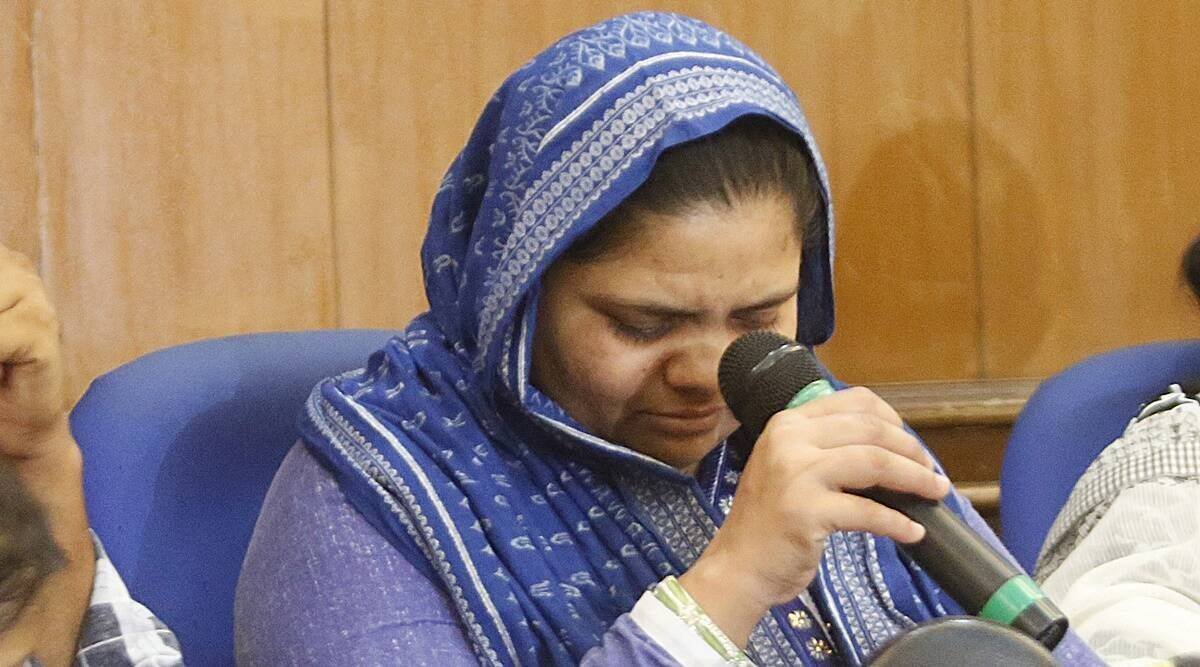In a pivotal legal battle, the electoral bond scheme faces scrutiny as the five-member constitution bench, led by Chief Justice D.Y. Chandrachud, reserves judgment on petitions challenging its legitimacy. The petitioners, including the Association of Democratic Rights and the CPI-M, contend that the scheme fosters ‘non-transparency in political funding’, thereby endorsing widespread electoral corruption. The controversy dates back to 2019 when Chief Justice Ranjan Gogoi’s bench declined to stay the scheme, citing the need for an in-depth hearing. Instead, political parties were directed to submit donation details in sealed covers to the Election Commission. Despite subsequent attempts to halt the scheme, a bench led by then Chief Justice S.A. Bobde rejected a stay in 2021. The current petitions seek an expedited resolution before the 2024 Lok Sabha elections. Chief Justice Chandrachud’s recent decision to refer the case to a five-member constitution bench underscores the issue’s significance. The petitioners argue that the electoral bonds promote corporate funding, black money circulation, and corruption. They stress voters’ right to know about political parties’ funding sources, asserting that it directly influences party policies and perspectives.
In defense, the Union government contends that the scheme prioritizes donor confidentiality and privacy, shielding contributors from potential retribution. Critics lament the erosion of transparency, as the new scheme conceals the flow of funds to political parties, eliminating internal corporate disclosures of political donations and impeding shareholder and regulatory oversight. A notable criticism centers on the reintroduction of the cash channel, allowing donations up to Rs 20,000 to go unreported. Political parties are not obligated to disclose whether they received funding in such small amounts, potentially increasing the availability of cash. Chief Justice Chandrachud acknowledged the anonymity inherent in a cash-based system, emphasizing concerns about unaccounted funds. While the government asserts that electoral bonds were introduced to curb black money in politics, opponents argue that existing instruments such as cheques, drafts, and bank transfers make anonymous instruments redundant. They point to the Reserve Bank of India’s stance supporting political funding through conventional banking channels.
Opponents of the electoral bonds claim that the scheme perpetuates a party’s dominance by accumulating vast sums of money, undermining the democratic fabric and constitutional principles. The argument posits that the scheme facilitates a party’s sustained influence by providing capital for various endeavors. The debate over the electoral bond scheme hinges on finding a delicate balance between transparency and anonymity in political funding. As the constitution bench deliberates on this critical issue, the outcome will undoubtedly shape the landscape of political financing and the broader democratic framework. The decision holds far-reaching implications for the upcoming Lok Sabha elections, underscoring the need for a judicious resolution that upholds both democratic values and the integrity of the electoral process. The electoral bond controversy encapsulates a broader debate about the essence of democratic governance. Critics argue that the scheme, by allowing unchecked financial influence, threatens the fundamental principles of fairness and equality in elections. The claim that electoral bonds could empower a political party indefinitely raises concerns about a potential erosion of the democratic ethos. As the judiciary deliberates, the imperative lies in safeguarding the democratic process from undue financial influence while respecting the legitimate concerns about donor privacy. Striking this delicate balance is essential for preserving the integrity of the electoral system and ensuring that the democratic voice of the people remains unswayed by disproportionate financial forces.





